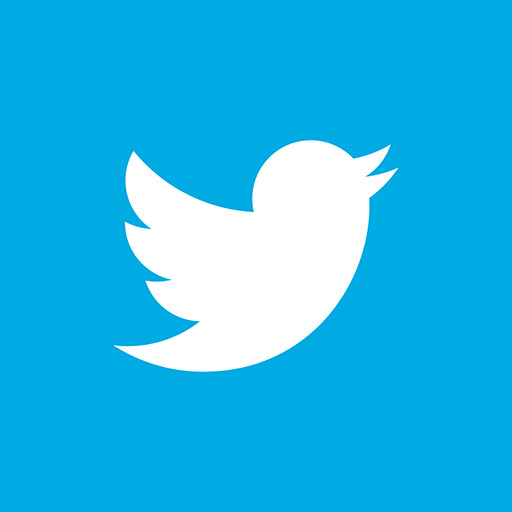
You just might be scratching your head. Creative people? Good with money? Let’s be clear about one thing: Just because you may put other things above making money: pursuing your personal projects, taking time off to make art, investing in classes and supplies, doesn’t automatically mean you suck at managing your money, or don’t care about having money. We’ve long associated that being passionate about something as an all-or-none mentality, that we have to completely eschew money and the pursuit of it as to not dilute our creative aspirations.
Artists have a money stigma. You are stinking rich as a result of 1. Being mega successful, or 2. Born into wealth. The rest of us are toiling away, starving for our passions. Otherwise we run the risk of the worst thing we could be as artists: sellouts.
I think that’s a bunch of bull.
We can all agree that money is a great tool to help you reach your goals in life. It’s not something to despise. It doesn’t make you corrupt or greedy or evil. It just amplifies who you already are. And the more of it you have, the better.
Artists are notoriously known for being bad at money matters, and that may be more due to circumstance. It can be tough to budget when you:
1) Have issues getting paid in the first place,
and
2) Your money fluctuates like a mofo from month to month.
A lot of people feel as if managing their money can be boring and tedious, I’ve found that it can be an extension of your creativity. As someone who was obsessed with money from a young age, having a good relationship with your money is a process that evolves and grows as you do.
Here’s how creative people can go about being the best money managers:
Know that rules are meant to be broken
There are plenty of approaches, methods, and rules to managing your money, from the 50/30/20 rule to the zero-sum budget and reverse budget, where you save first and then spend as you please.
For me, I used to spend a bunch of time poking around the Internet to learn about basic budgeting principles and systems. I’ve tried Excel sheets, the 50-30-20 rule, as a sort of template. The further I trekked along, the more I figured out my personal spending habits, and adopted a style.
With managing your money, you can learn from the trial and errors of those who have been in the ring, then do some experimenting on your own. From my year of freelancing full-time, I’ve found that paying myself a monthly salary, putting my money in different buckets to help keep me loosely keep track of my spending, then based on percentage, allocate whatever’s left over toward my different short- and long-term goals, works best for me.
I’m not an expert in personal finance nor will I ever claim to be. But what I can claim is that I am super obsessed with taming the money beast and have worked hard at it. For instance, trying to come up with a personalized budget. Since I don’t find much value and monitoring every single transaction, I’ve spent a bit of time devising a system and process that works best for me, then operate on auto-pilot 80% of the time. I just make it easier for me to save than not to. It takes time to come up with your personal budgeting style, but once you do, you’ll be able to make serious headway.
The same goes for when you learn a new craft, such as writing fiction, composing a song, learning basic graphic design principles, and so forth. It’s only after you learn the rules that you can break them, and come up with your new style. Gain inspiration and insights from the greats, then adopt them to your own goals.
Treat growing your money into a game
The rules of financial wellness are simple: spend less, earn more, and invest the rest. Now implementing them? That’s an entirely different story. By approaching wealth-building as the ultimate game, you’ll stay interested. More important, you’ll have fun. What expenses can you cut back on? How can you be the ultimate side hustler?
When I was in high school, I had a friend who was really into Calculus. I didn’t get it. The subject bored me to tears. My friend told me this: You have to work through the tough stuff. Only after that it starts to get fun. And of course, it’s only after you see results (i.e., I actually have some money in my rainy day fund? Or, the ultimate trip to Japan is going to happen next year!) that it gets awesome.
The same goes for frugality. I’ve turned frugality into a game. How many uses can I come up with, say, baking soda? How I do without X? How far can I stretch a dollar? Once you realize that you don’t need that much stuff, and how much time and mental energy you waste buying useless junk, you can focus on what really matters.
What matters most to me? Time. I’m a time hog. The more time I have to myself to think, wander, work on my own projects, and do whatever it is that I please, the happier I am.
Be in tune with your values and goals
Self-exploration is a huge part of having a good relationship with money, and it takes time. For instance, you’ll want to know what your spending triggers are, what areas you tend to slack off, what you value the most, and how to align your spending with what’s most important to you. This is a lifelong process, and you’ll never be 100 percent done. The deeper understanding you have about yourself, the better equipped you’ll be to tackle any money struggles and hit financial wins.
Yes, all this sounds like a lot of work, and at first it is. But once you get the hang of it, it starts to get fun (or at least less painful).
Creative folks: What have you done to kick butt at managing your money?





This was a great post! Being the typical logical thinker type isn’t the only way to be good at managing money! Having a creative side is great to make managing money fun! Happy holidays from Centsai!
Yes! There are so many ways to manage your money. It’s all about developing your personal style. 🙂